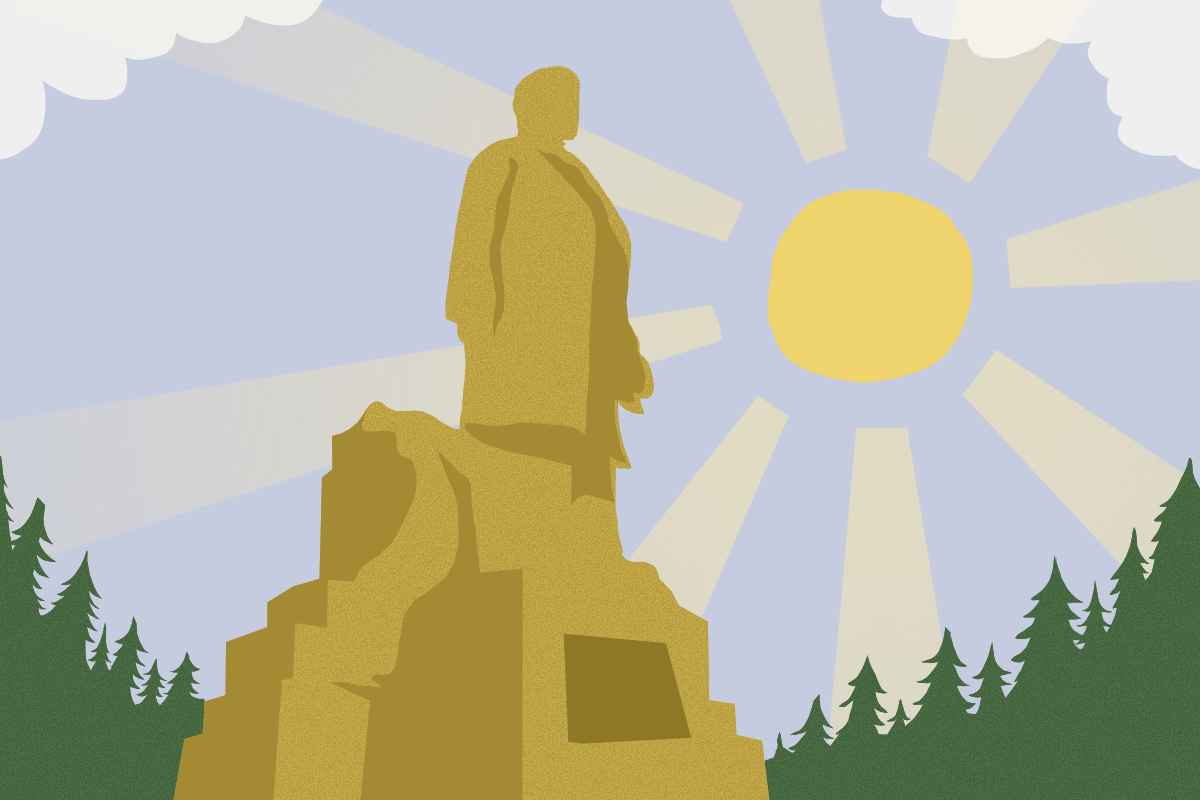People want their legacy to have a meaningful impact on future generations, and when prompted to think about it, they are more likely to give some of their wealth to benefit society. That’s according to Professor Kimberly Wade-Benzoni of Duke University’s Fuqua School of Business.
When deciding how to transfer their wealth, people are naturally inclined to prioritize their inner circles, Wade-Benzoni writes in a paper published in the journal of Social Psychological and Personality Science. The research is co-authored with Duke Ph.D. candidate Jessica Paek, and the University of Buffalo’s Daniela Goya-Tocchetto, who earned her Ph.D. at Duke.
The researchers found that legacy reflection can nudge people to act in ways that benefit the collective.
“When people are thinking about their legacy, they contemplate what makes their lives meaningful and they're more likely to act on the behalf of future generations,” Wade-Benzoni said.
Across four experiments, the co-authors examined if prompting people to think about their legacy would lead to charitable behavior by expanding the circles of people and causes they care about, in what the authors dubbed as the “Andrew Carnegie Effect,” after the famous philanthropist who donated most of his wealth to charities.
The experiments
Wade-Benzoni and colleagues recruited more than 3,500 online participants to run experiments looking at wealth allocations to different beneficiaries such as children or charitable causes.
In the first study, half of the participants reflected on their desires to have an impact on future generations and half did not. Participants then learned about the dispositions of a will, including options for primary and secondary beneficiaries for their assets. The experiment showed that participants who had been prompted to think about legacy were more likely to list charities as secondary beneficiaries in their will, even as they kept family and inner circle as primary beneficiaries, as compared with the control group that did not engage in the reflection task.
“Family is still important, but we found a meaningful shift of their decisions towards collectivistic causes,” Wade-Benzoni said.
In other studies, the researchers found similar legacy prompts would lead to actual commitments and allocation of money to real-world charities.
In the final experiment, participants were first invited to solve a puzzle which would award them a bonus payment. Then, similar to the other studies, a group of participants engaged in legacy reflection, and a control group did not. The researchers asked whether participants would donate the money they earned in the puzzle task to a real charity devoted to underprivileged children’s education, versus saving for the education of their own children. The results showed those who thought about legacy were more likely to donate to the charity.
“Legacy reflection tasks led to significant reductions in the amount allocated to relational circles, like one's own children, and an increase in the money allocated to the collectivistic categories, such as charities,” Wade-Benzoni said.
Insights for leaders
One psychological mechanism behind this effect is the “expansion of the circles of moral concerns,” Wade-Benzoni said.
People care most for their “inner circle” and feel obliged to provide for their close relationships, she said. But when they think about their legacy, their circle of moral consideration expands to include community, society at large and future generations, she explained.
“Legacy reflection extends goodwill beyond the borders of close relationships and helps direct it to collective causes,” Wade-Benzoni said. “When legacy motivations are activated, people become more inclined to sacrifice their self-interest in the present for the benefit of others in the future.”
Building a legacy “gives people a bit of symbolic immortality, which is one of the most fundamental of human motivators,” Wade-Benzoni said.
Policymakers, organizations, and business leaders can harness this motivation to help people develop and maintain a long-term mindset, which can support broader organizational and societal goals.
“A simple legacy-reflection task is an easy-to-implement, low-cost and benign tool leaders can use to help their employees think about their goals more holistically, be more other oriented, and reduce short-termism,” she said.
